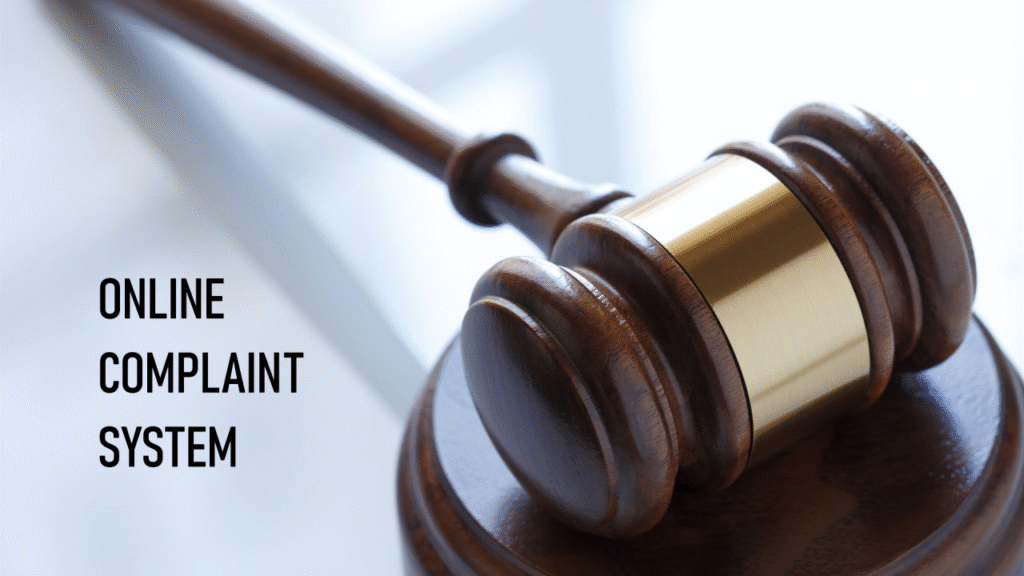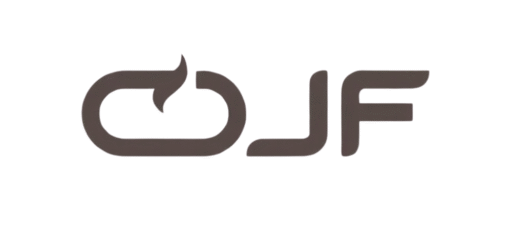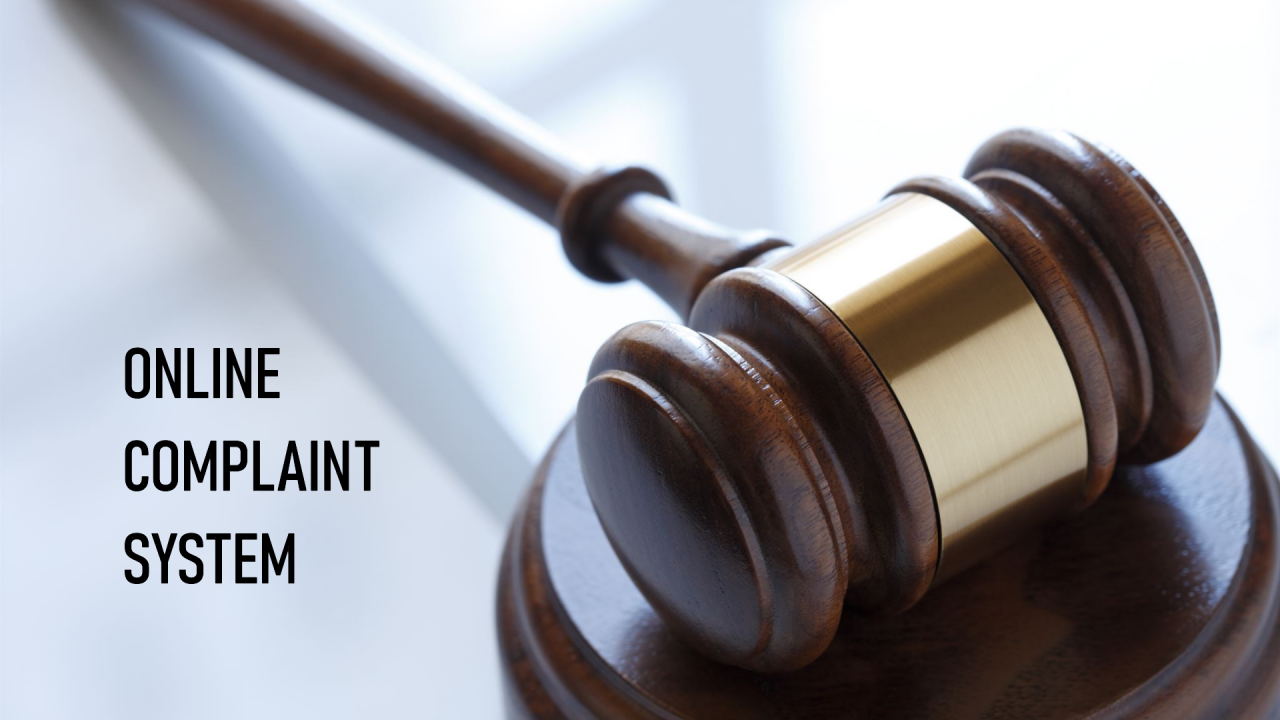
Introduction
In every democratic society, the rule of law stands as a cornerstone for justice, equality, and human rights. However, the law is only as effective as those who implement it. Judges and prosecutors play a pivotal role in interpreting, enforcing, and safeguarding legal norms. Their responsibilities go far beyond the courtroom—they are critical actors in ensuring that laws are applied fairly, consistently, and transparently. This article explores how their conduct, independence, and collaboration fortify the rule of law.
Understanding the Rule of Law
The rule of law means that no one is above the law—not even the government. It entails equal treatment, legal predictability, transparency, and accountability in how laws are created and enforced.
Core Principles of the Rule of Law:
- Supremacy of law over arbitrary power
- Equality before the law
- Fair legal processes
- Independent and competent judiciary
- Access to justice for all
Role of Judges in Strengthening the Rule of Law
Judges are the neutral arbiters of disputes and constitutional protectors of rights. Their interpretation of statutes, case laws, and constitutional provisions shapes the practical application of the law.
Key Functions:
- Impartial Adjudication
Judges must decide cases solely based on law and facts, without external influence or bias. - Judicial Review
They assess the legality of government actions and legislation, ensuring compliance with constitutional norms. - Protection of Fundamental Rights
Courts often act as the last resort for protecting civil liberties against arbitrary power. - Upholding Legal Precedents
Consistent application of laws creates predictability and fairness in the legal system. - Maintaining Public Trust
Ethical conduct and well-reasoned judgments ensure legitimacy and respect for the judiciary.
Role of Prosecutors in Strengthening the Rule of Law
Prosecutors are gatekeepers of criminal justice, with the authority to decide whether and how to pursue charges. They must balance public interest with individual rights.
Key Functions:
- Objective Evaluation of Evidence
Prosecutors must pursue cases based on merit, not political pressure or public sentiment. - Ensuring Fair Trials
They are duty-bound to disclose evidence and act in a way that promotes justice—not just convictions. - Preventing Miscarriages of Justice
By refusing to prosecute weak or biased cases, prosecutors safeguard against wrongful convictions. - Combating Corruption and Impunity
Prosecutors play a frontline role in holding officials and private actors accountable under the law. - Advising Law Enforcement
Legal guidance from prosecutors during investigations ensures lawful evidence collection.
Synergy Between Judges and Prosecutors
While judges and prosecutors have distinct roles, their synergy is essential for a balanced legal system.
| Element | Judges | Prosecutors |
|---|---|---|
| Decision-making | Render impartial rulings | Recommend charges and sentencing |
| Independence | Independent from executive & prosecution | Independent in case evaluation |
| Accountability | Subject to ethical codes & appellate review | Subject to legal norms and oversight |
| Public Interest Role | Ensures justice through fair hearings | Seeks justice, not just conviction |
| Rule of Law Impact | Protects rights, reviews laws | Enforces laws, deters criminal behavior |
Overview Table: Strengthening Rule of Law Through Judiciary and Prosecution
| Role Player | Key Responsibility | Rule of Law Impact | Challenge Faced | Strategic Reform Suggestion |
|---|---|---|---|---|
| Judges | Adjudicating disputes | Ensures legal certainty | Political interference | Strengthen judicial independence laws |
| Judges | Constitutional interpretation | Guards civil liberties | Public trust deficit | Transparent rulings and ethics reform |
| Prosecutors | Filing criminal charges | Prevents abuse of power | Bias or external pressure | Prosecutorial independence safeguards |
| Prosecutors | Ensuring fair trials | Upholds procedural fairness | Selective prosecution | Mandatory case review panels |
| Both | Collaboration in justice system | Legal coherence and fairness | Institutional friction | Joint training on ethics and law |
| Both | Maintaining public confidence | Legitimizes entire legal system | Misinformation and politicization | Community engagement and legal outreach |
Best Practices Around the World
| Country | Judicial or Prosecutorial Reform | Resulting Impact |
|---|---|---|
| Germany | Independent Public Prosecutor System | High trust in prosecutorial decisions |
| South Korea | Judicial Conduct Reforms | Enhanced transparency in court proceedings |
| Brazil | Anti-corruption prosecutorial units | Major crackdowns on political corruption |
| Canada | Transparent judicial appointment process | Broad-based confidence in judiciary |
| Kenya | Judicial vetting and retraining initiatives | Improved case handling and ethics adherence |
Challenges to Judicial and Prosecutorial Integrity
- Political Pressure: Undermines independence and objectivity
- Corruption and Bribery: Erodes legitimacy and fuels impunity
- Inefficiency and Delay: Weakens public confidence
- Lack of Transparency: Fosters misinformation and distrust
- Weak Oversight: Enables repeated misconduct without accountability
Solutions:
- Independent appointments and tenure protections
- Code of conduct enforcement bodies
- Digital case tracking and open databases
- Media literacy programs on justice systems
- Public forums and judicial-prosecutorial dialogues
Conclusion
The rule of law does not enforce itself—it is protected and preserved by individuals entrusted with great responsibility. Judges and prosecutors are not merely participants in legal proceedings; they are architects of justice. Upholding ethical values, resisting undue influence, and promoting fairness are not optional—they are the very pillars of a functioning democracy. Strengthening their roles is, therefore, essential to reinforcing the rule of law worldwide.
Top 3 One-Line FAQs
Q1: Why are judges and prosecutors vital to the rule of law?
A: They ensure laws are applied fairly, rights are protected, and justice is served without bias.
Q2: How can prosecutors prevent wrongful convictions?
A: By objectively evaluating evidence and disclosing all relevant information, even if it weakens their case.
Q3: What makes a judiciary trustworthy?
A: Independence, transparency, consistency, and ethical conduct in its decisions and behavior.

